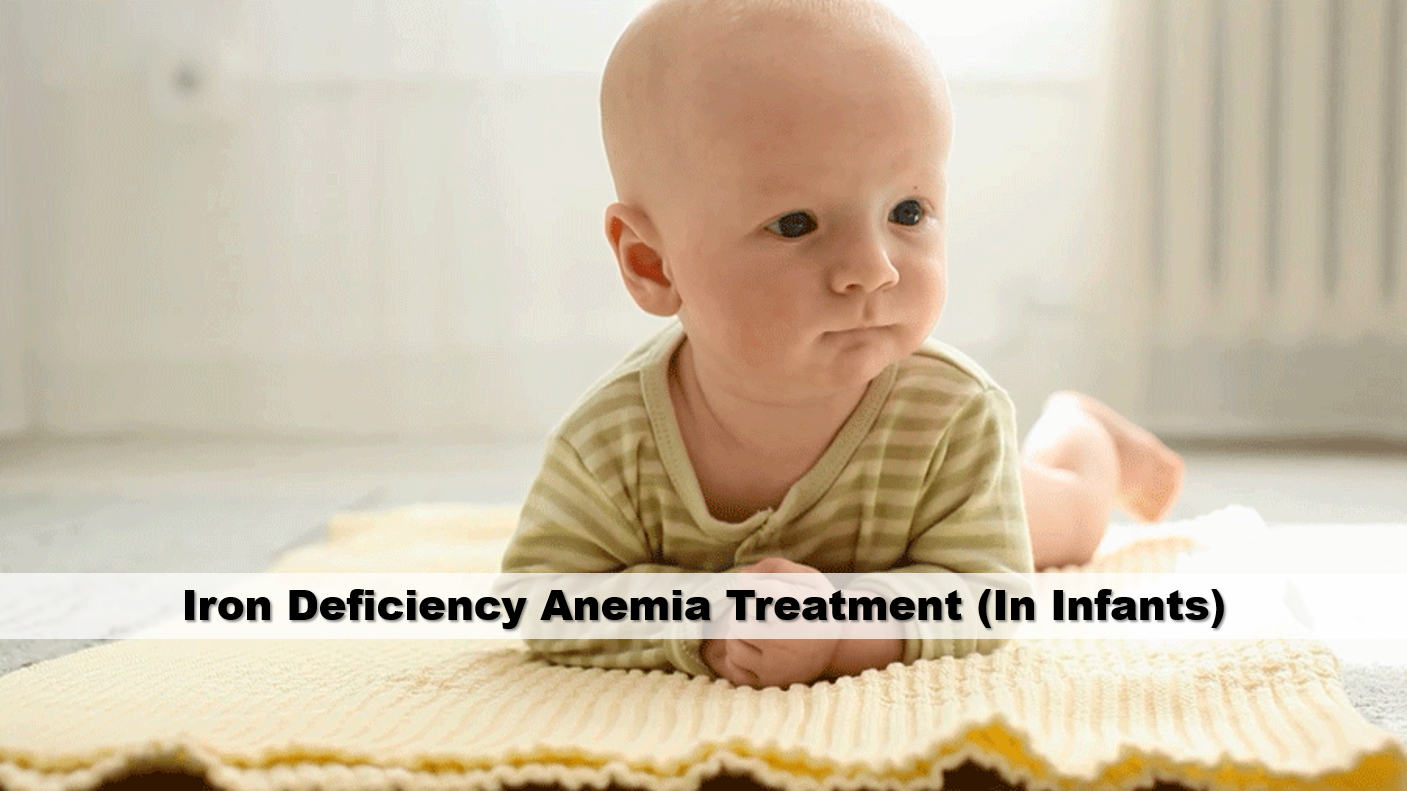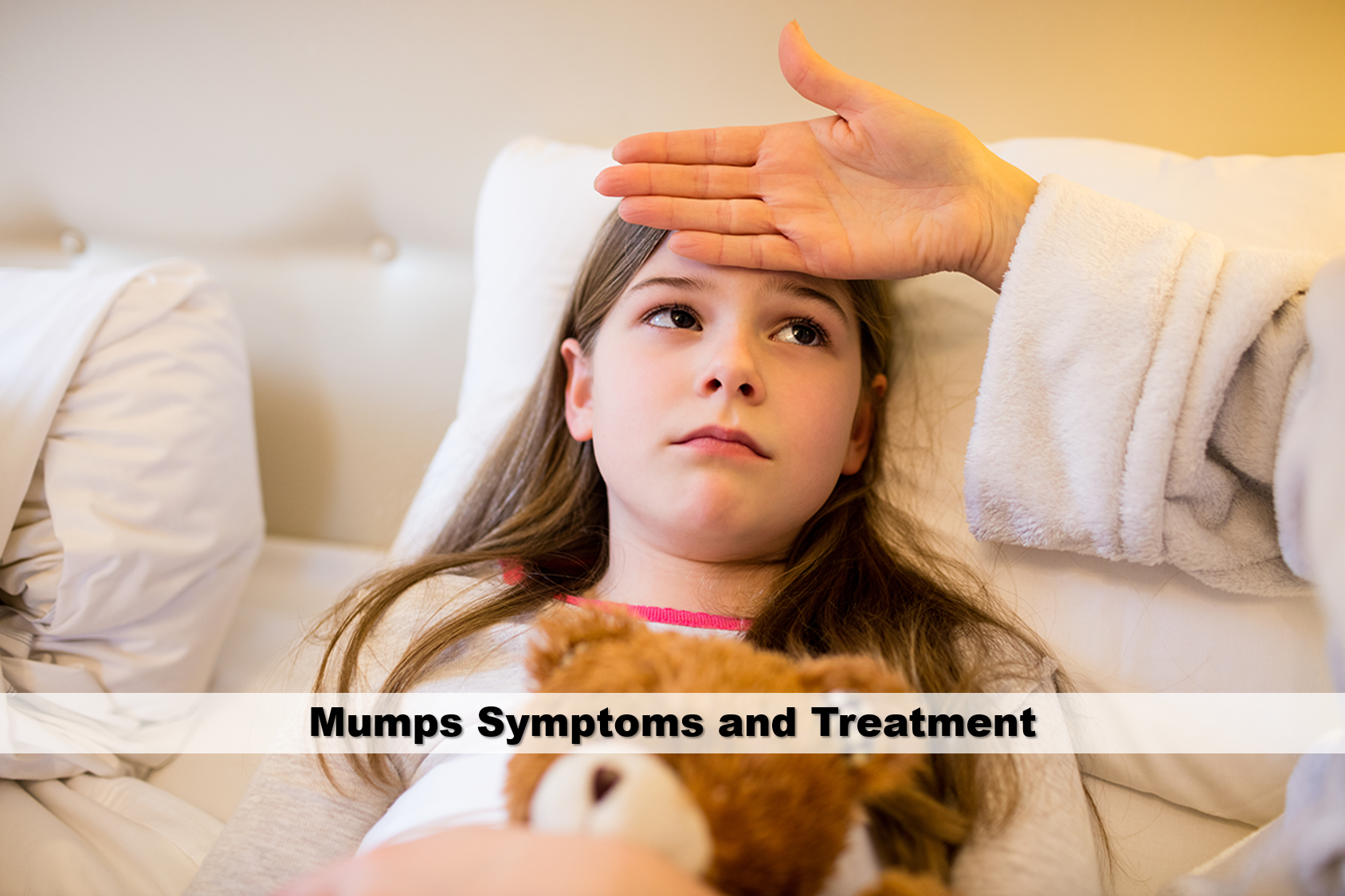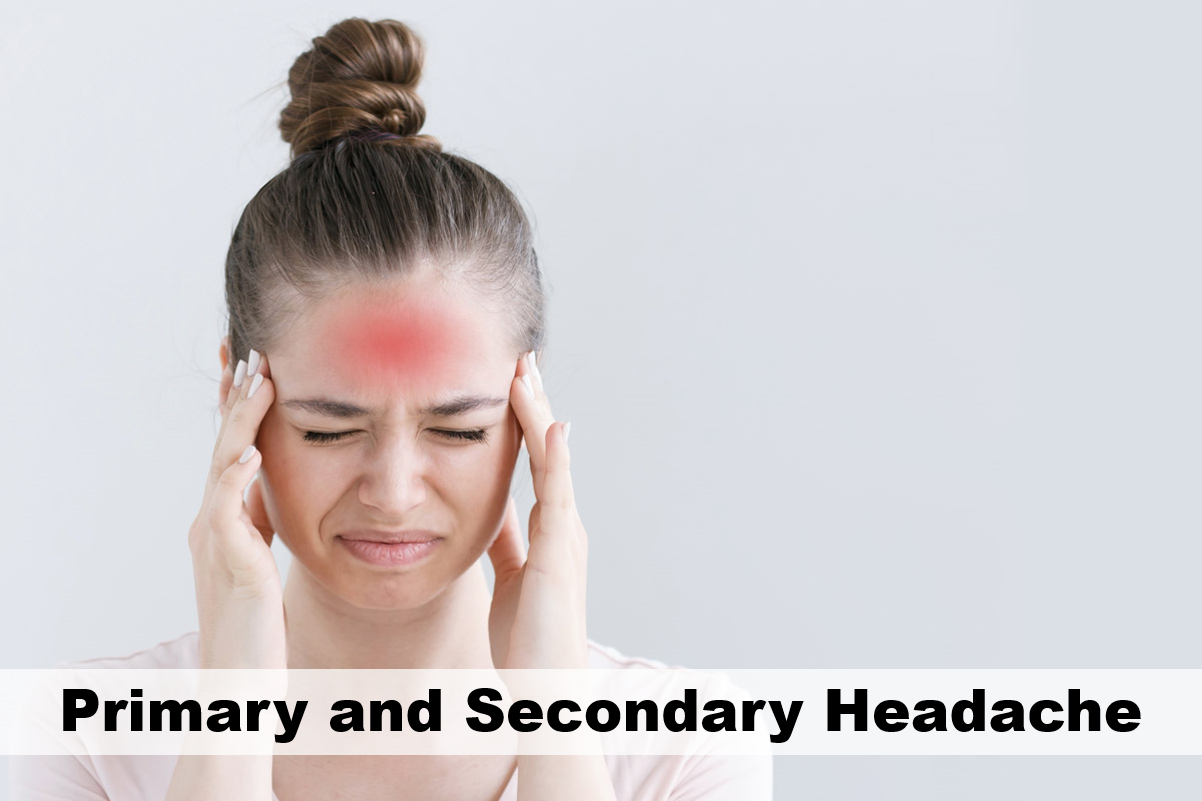Eczema Types and Symptoms
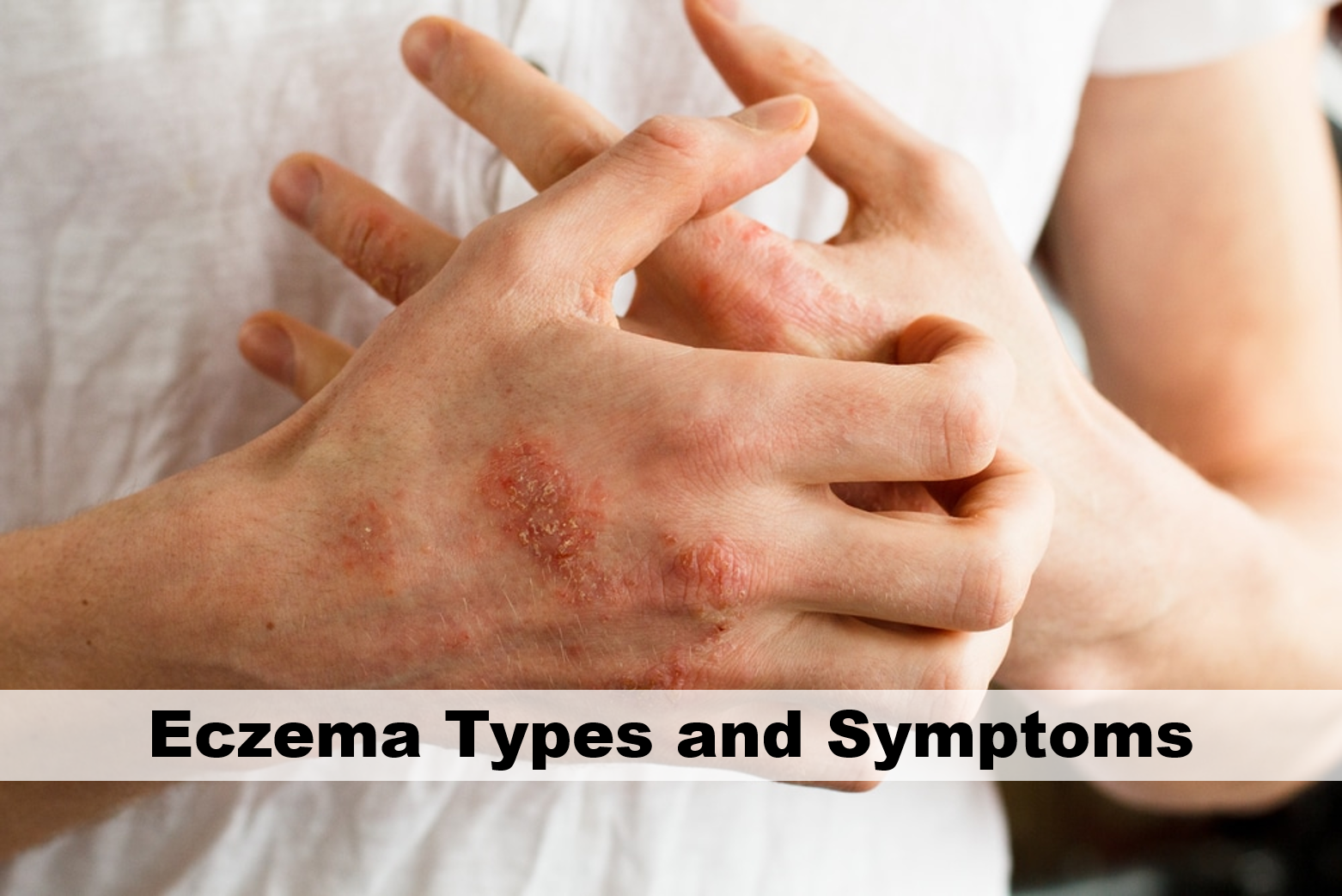
What are the different types of eczema? What are the symptoms of eczema? Eczema is a kind of skin disease that dries the skin, causes itching, and sometimes blisters. It can be seen for more than one reason. However, the exact causes of eczema are not known yet. There are different types of eczema. Eczema’s symptoms may change depending on the type of it. Let’s look at the types of eczema below.
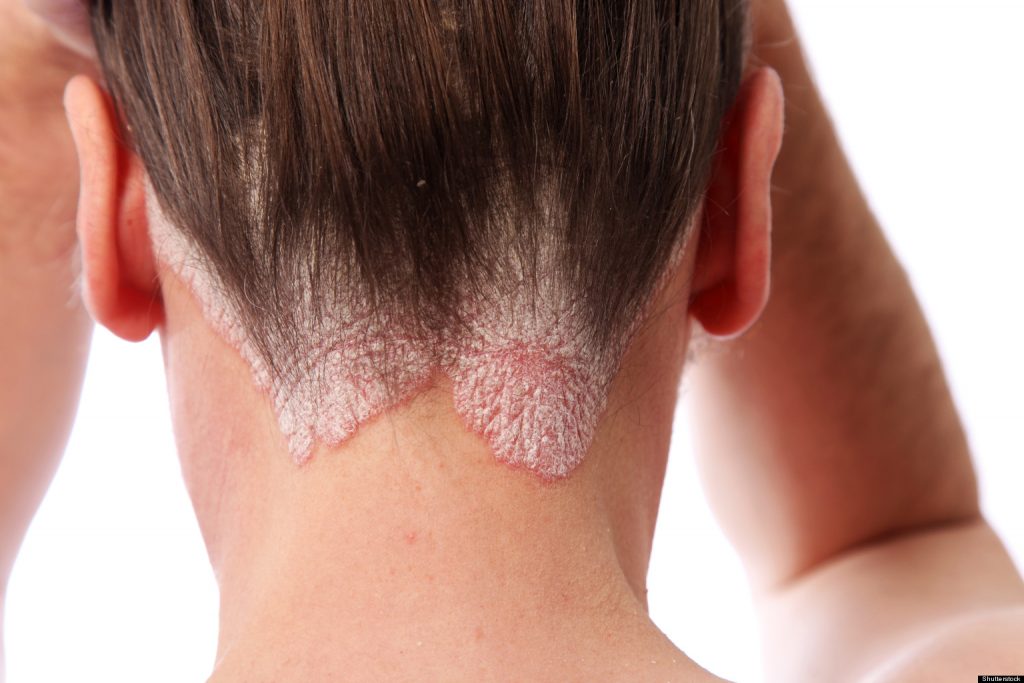
Eczema Symptoms
Eczema, which is very common among the population and may occur due to various causes, generally shows the same symptoms in all patients. Some of these symptoms can be listed as;
- Skin dryness
- Itching
- Blisters
- Skin flaking, crusting, and rash
- Erythema
- Inflammation
- Dandruff on the scalp
- Cracking the skin
Attention to Stress and Allergens
Eczema is a more common disorder in people who are allergic, stressful, and clean addicts. In other words, stress, irritants, allergens, and climate are the triggers of eczema. It can occur in different parts of the body, especially on the hands, feet, face, and hair. Experts as a treatment method often recommend the use of frequent hand washing with appropriate soaps, some locally applied lotions, and needles. Although the treatment methods are different, it is aimed to correct the deformed structure of the skin for all eczema. Eczema can give symptoms according to types. Eczema types can be listed as:
Atopic Eczema (Allergic Eczema)
Atopic eczema, usually seen in infants and children, alleviates or passes during adulthood. Immunological susceptibility and environmental factors may cause recurrent eczema. Atopic eczema starts in the first three months in infants, first appears on the face, then spreads to the trunk, arms, and legs.
Seborrheic Eczema (Dermatitis)
It is a genetic and very common type of eczema. Seborrheic eczema can be severe as a result of stress, insomnia, alcohol intake, suppression of the immune system, and also during the winter and spring months. Seborrheic eczema, which can be chronic, shows signs of redness, scaling in areas where the skin is oily (ears, scalp, eyebrows, cheeks, nose, and mid-chest).
Stasis (Gravitational) Eczema
It starts with itching and dryness in the legs. Then there are red, purple, and brown spots on the ankles. Swelling of the legs continues with the growth of brown spots and hardening of the skin. In the advanced stage, large wounds occur in the legs, and it takes time to heal.
Asteatotic Eczema
The main reason for this type of eczema is to come into contact with water very often. Again, disinfectant high soap and shampoos, perfumed bath gels cause dryness in the body. Seasonal disease, winter, advanced age, sugar, and thyroid are other causes of asteatosis eczema, which gives signs of cracks in the body.
Hand Eczema
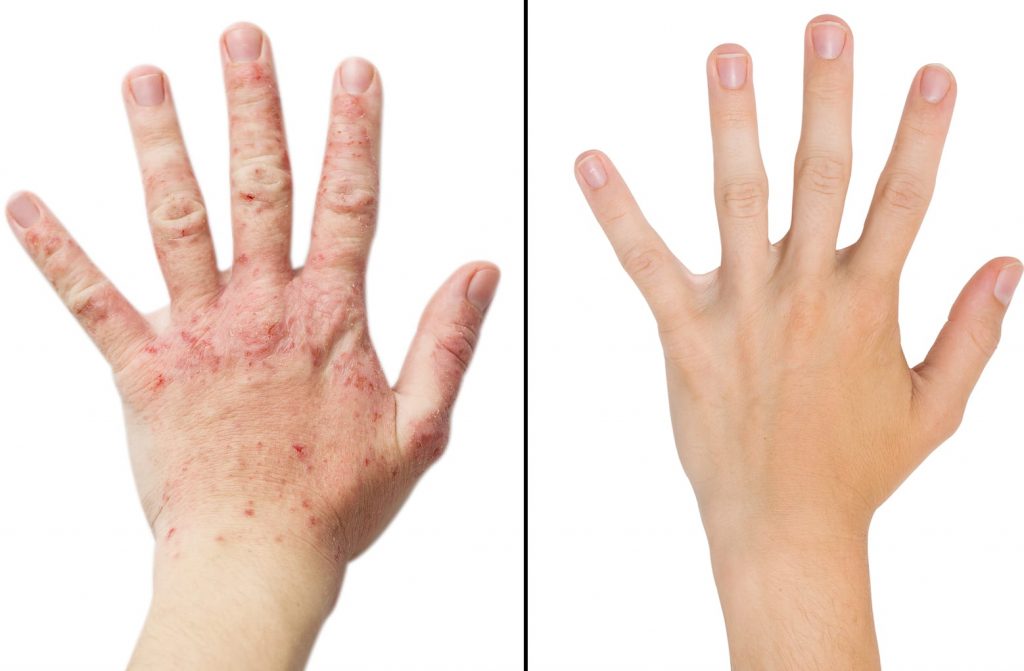
It is the most common type of eczema. It occurs when people come into contact with too much water. Excessive contact with disinfecting detergents also cause hand eczema, creating irritation, and dryness first. It is called irritant contact dermatitis. Other causes of this eczema include acids, alkali materials, metal salts, solvents, wet wipes, and dyes. Besides, hand eczema is not only caused by external substances.
Nummular Eczema
Nummular Eczema causes coin-shaped spots to develop on the skin, arms, and legs. This type of eczema is found in young adults and the elderly. It shows redness and crusting in the acute phase, and it can cause severe itching.
Contact Dermatitis
Contact eczema can occur if the skin is repeatedly exposed to substances that prevent its protective oils. It is an acute or chronic inflammatory reaction to irritant or allergen substances that come into contact with the skin. Materials used in household chores, cosmetics, perfumes, nail polish, make-up materials, occupational and industrial materials, toothpaste, perfumes, shoe and foot sprays, trousers zipper or metal buttons, and temporary tattoos cause allergic contact eczema.
How to Prevent Eczema
Here’s how to protect yourself from eczema:
- Avoid contact with excessive water and soap. Make sure the bath time is short and the water is warm.
- Use an appropriate humidifier for the first 3 minutes after bathing.
- If you have a food allergy, you should avoid consuming them.
- If you have occupational eczema, you should wear cloth, lining, rubber gloves and use appropriate washing product.
- Using barrier cream 3-4 times a day is a must if you are in a risky profession.
- Moisten your skin after washing your hands.
- Restrict chemical contact with your skin.
- Instead of wool and synthetic clothes, wear cotton, and loose clothing.
- Do not stay in a smoking area.
- Control the stress.
- If you have eczema in your hands, be sure to wear gloves to protect yourself from the cold during the winter months.
- Make cosmetic choices with the recommendation of a dermatologist.


